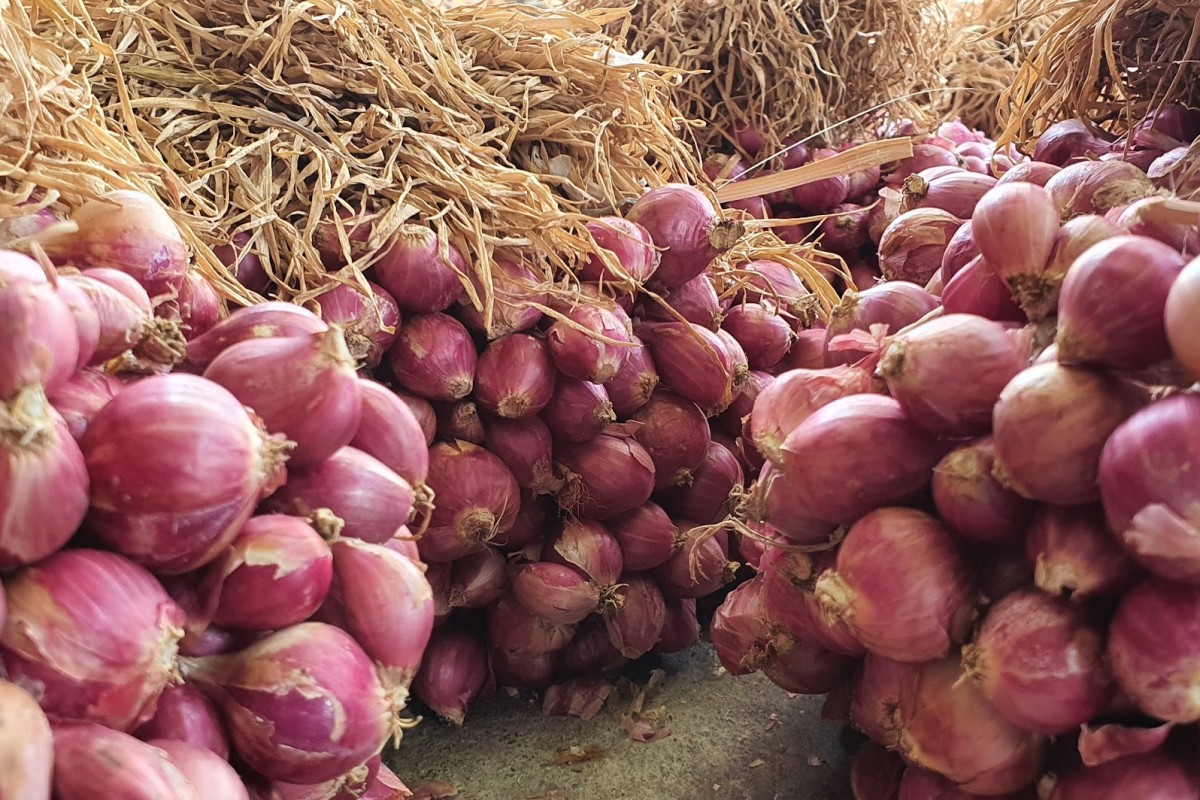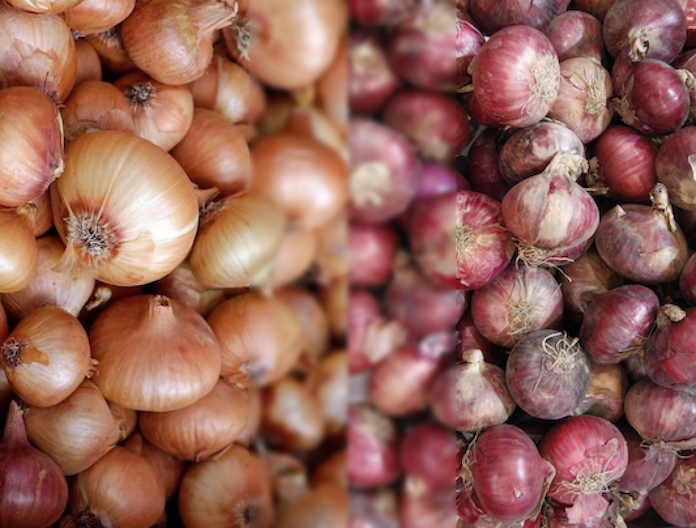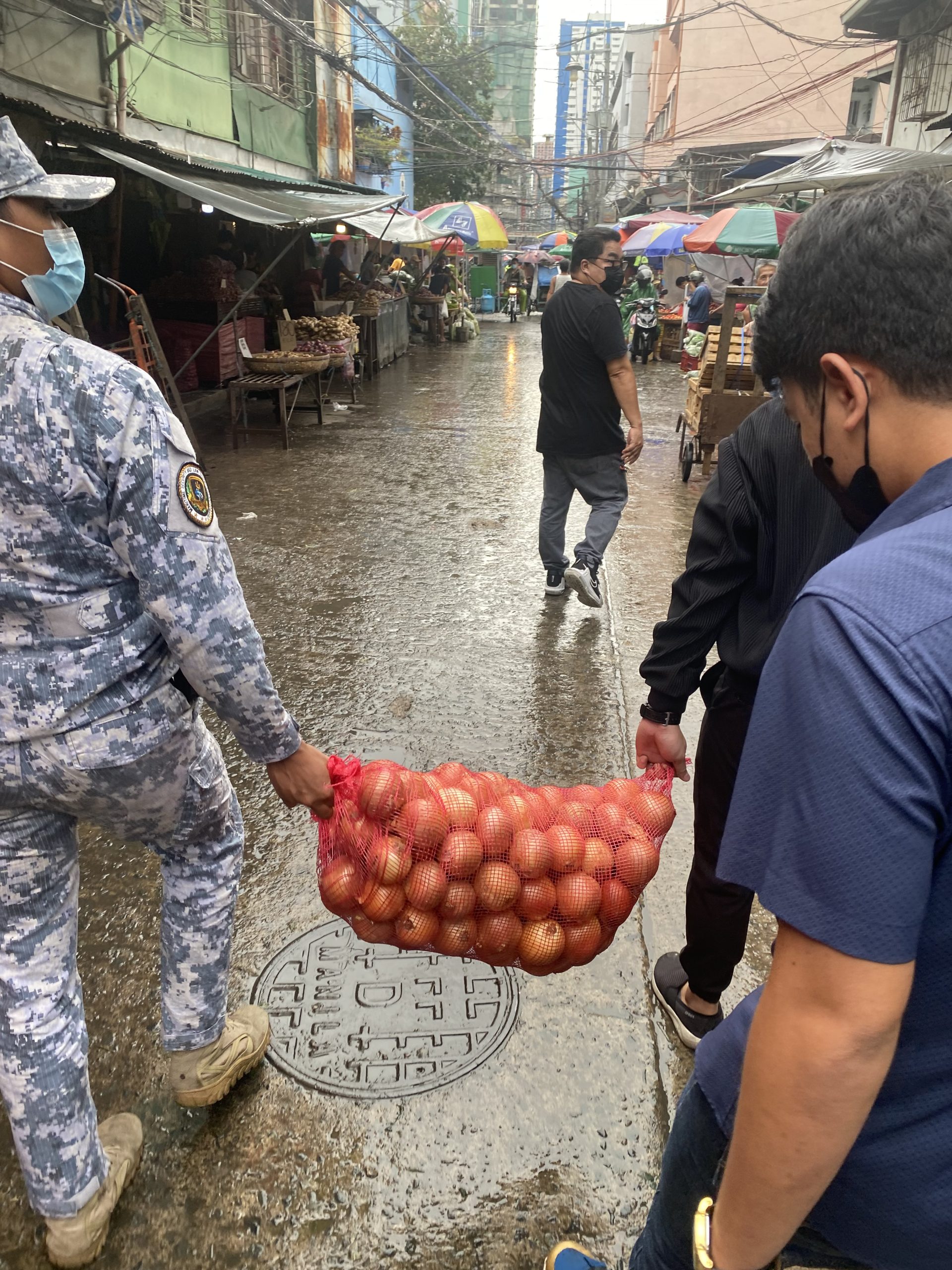QUEZON CITY (PIA) – The Department of Agriculture (DA) headed by President Ferdinand Marcos Jr. issued Administrative Circular No. 5 suggesting a retail price of P125 per kilogram of medium- and big-sized imported red onion across all wet markets within the National Capital Region (NCR).
Since last year, the prices of onion prices have been fluctuating and even skyrocketed up to P600 per kilogram in the last week of December 2022.
Hence, the current administration continuously implements several initiatives to aid Filipino families with essential products that can help them ease the budgetary constraints due to the high market prices of food.
The launch of KADIWA stores late last year is part of this effort to give local agricultural producers a venue to sell their products, at the same time allowing the public consumers to access affordable and high-quality products. Since then the KADIWA has offered a variety of agricultural products such as sugar, onions, and meat at an affordable price for consumers.
DA also improved its market linkage initiatives to assist Farmers’ Cooperatives and Associations (FCAs) across the country after the President issued a directive on the removal of middlemen during production giving farmers as well as fishermen better income.
This step helps strengthen the entire agricultural value chain by directly linking food producers to consumers and institutional buyers. Another reason behind the decision was the goal of having zero to minimal wastage and supplying an excess of agricultural goods.
Further, the DA also aims to provide a more efficient food mobilization strategy through the Enhanced KADIWA Grant by distributing delivery trucks and vegetable crates to more FCAs and local government units (LGUs).
The administration is also set to launch a sustainable corn breeding program this year. This high-value program aims to develop yellow corn varieties to support farmers’ demand for location-specific and affordable varieties for animal feeds.
The varieties to be developed will have enriched protein content and will improve drought and disease tolerance. This initiative is also expected to boost the country’s livestock, poultry, and dairy sectors.
In addition, the Chief Executive has recently secured the commitment of DATAGRO, a Brazilian firm that helped the development of the sugar industry in Brazil. The firm’s main purpose is to help the Philippines to boost sugar sufficiency and ethanol production.
The President looks forward to this long-term program with optimism expressing that the goal is possible. He also suggested that the technology and operations must be demonstrated and taught to local farmers to encourage them to transfer and eventually make more money doing it.
These various initiatives show the commitment of the current administration to providing ‘urgent attention’ to the agricultural sector after years of neglect and misdirection.
The role of the agricultural sector has been consistently cited by the President in leading the Philippines in its post-pandemic economic recovery strategy during his local and international engagements and thus exerting all efforts to putting a premium on it. (MVV, PIA-CPSD)





